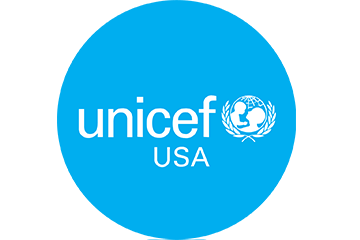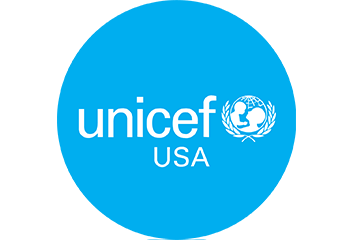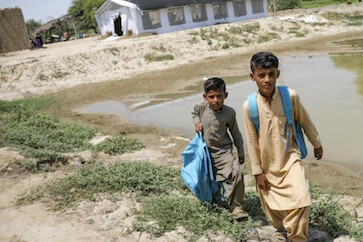The world is in the midst of a water crisis that is endangering children’s lives and futures.
Nowhere is this crisis more urgent — or its impacts more keenly felt — than in the Horn of Africa, where a severe drought, one of the worst climate-induced emergencies of the past 40 years, has taken hold.
In Ethiopia, Kenya and Somalia, UNICEF reports, the number of people without reliable access to safe water has risen from 9.5 million to 16.2 million in just five months.
There is widespread food insecurity and mass displacement. And as families are forced to leave their homes, children become more vulnerable to health threats and safety risks. UNICEF estimates that in, some 1.8 million children are acutely malnourished and require urgent treatment.
“Maybe you eat one day, and then you have nothing for the next day or two,” says Abenyo Natiir, a mother in Turkana County, Kenya.
Mothers and children from across the Horn of Africa share their stories of suffering:
Some 15 million children across the region are currently out of school, with another 3.3 million children at risk of dropping out due to the drought, UNICEF reports. And as families are driven to the edge, children face a wide range of dangers – including child labor, child marriage and female genital mutilation (FGM). In the regions of Ethiopia worst affected by the drought, child marriage has on average more than doubled in the last year, according to local government figures.
UNICEF has teams on the ground across the Horn of Africa working to support vulnerable childred and families in need. Efforts include trucking in safe water; providing sanitation and hygiene support and immunizations to combat disease; and providing services that protect children and women from the risk of violence and abuse.
UNICEF’s emergency response also includes providing therapeutic foods to treat acute malnutrition and providing micronutrients to tackle deficiencies.
While ramping up emergency aid, UNICEF is also investing in solutions aimed at building community resilience. This includes supporting the development of safe and sustainable water sources so that families can remain in their communities, and children can go to school and access essential services.
While advancing climate-resilient water, sanitation, and hygiene programs, UNICEF also works with governments to help strengthen social protection systems.
Help UNICEF reach more children and families threatened by severe drought in the Horn of the Africa. Donate today.
Top photo: Ten-year-old Hibo carries water back to her temporary home at the Kaharey camp for displaced families in Dollow, Somalia. UNICEF and partners are on the ground across the Horn of Africa delivering emergency support to those impacted by the region’s severe drought — the worst climate-induced disaster in 40 years. © UNICEF/UN0644298/Fazel





